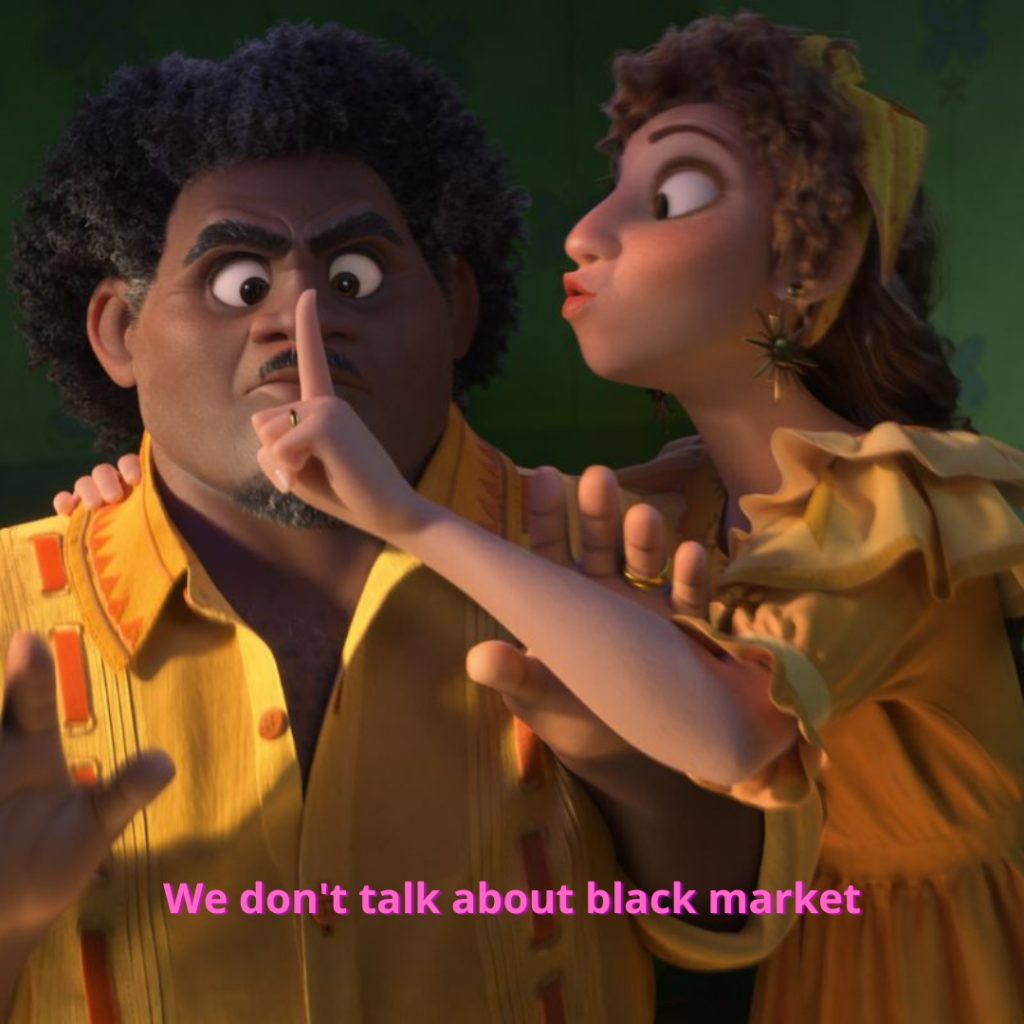The Central Bank of Nigeria’s (CBN) governor, Godwin Emefiele, has had one job since 2015 – make ₦1 the same as $1.
Apart from trying to set up a wrestling match in his own office, what he has done instead is oversee one of the worst periods for the naira.
The biggest problem Meffy, as he’s called by fans and haters, has faced is the management of Nigeria’s foreign exchange (FX) market.
$1 was ₦133 when he was appointed in June 2014, and we all thought that was rock bottom.

The good old days when you could fill your dinner table with just 5k
$1 now trades at ₦417 which, if you’re paying attention, is a 213.5% increment from 2014, and 41600% off the target of ₦1 = $1.
Let’s not even talk about the black market where $1 is trading for over ₦570.

Who is making Meffy’s job difficult?
Nigeria’s main FX earning is derived from crude oil export profits, which can be unstable depending on the global demand for oil, as well as pricing.
Other channels for our FX inflow are proceeds from non-oil exports, diaspora remittances, and foreign direct investment (FDI), all of which are even more unreliable than crude oil profits.
Nigeria’s unstable FX earnings put pressure on the reserves, which everyone in the country relies on for foreign trade.
One of the biggest dependents were importers who needed dollars to trade until Meffy decided they were sucking the life out of the reserves.
So he started restricting the sale of FX to importers of certain goods like pork, beef, cement, mosquito repellant coils, toothpicks, maize, sugar, and many others.
Also, bye bye foreign rice. It was nice to know you.

But Meffy was not done because foreign reserves still suffered from the Sapa wave.
Last year he accused Bureau de Change operators of sabotaging his goal of safeguarding the value of the naira.
According to him, they were greedy, corrupt and feeding fat on Nigeria’s commonwealth, so he stopped selling them FX too.
This left just the banks as the direct recipients of dollars from the CBN who gave strict instructions regarding who they are allowed to sell to.
Banks are on the menu now too
No one is safe from Meffy’s trigger fingers, and now banks may have to watch themselves or may sooner or later have their own taps closed too.
The CBN governor said at a media briefing last week that he wants the banks to start generating their export proceeds and stop bringing their begging bowls to his door.
“It is coming to an end before or at the latest the end of this year. We will tell them don’t come to the Central Bank for foreign exchange again,” he said.

Meffy’s plan
Meffy now expects banks to build their own FX earnings from their export customers to fund the demand of their import customers.
To help boost FX inflow, the CBN has launched the RT200 FX Programme. The key goal of this is to rely less on oil profits and earn more FX from non-oil exports.
Meffy expects the programme will help Nigeria earn $200 billion in FX exclusively from non-oil exports over the next three to five years.
This will be achieved by funding businesses that add value to non-oil commodities, making them more lucrative for export.
This would make it possible for Nigeria, as a major exporter of cocoa, to earn more than the $800 million it currently gets annually from the chocolate market worth over $130 billion.

According to Meffy, Nigeria had no problem meeting its FX obligations with non-oil export sources until crude oil was discovered decades ago and everybody went mad.
Import obligations were funded from exports like cocoa, palm oil, rubber, and a lot of goods that had nothing to do with oil.
Meffy wants banks to return to that past where they didn’t need dollar handouts from the CBN.
All of this hard work, we figure, is to make Meffy’s job easier as he prepares to be begged to run for president.




